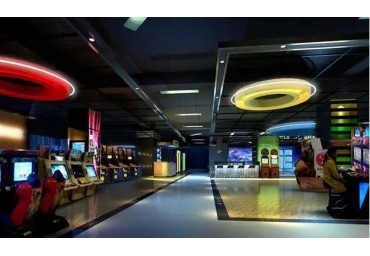Featured
30 DAYS RETURN
money back guarantee
FREE SHIPPING
on all orders over $10000
LOWEST PRICE
guarantee
SAFE SHOPPING
guarantee
New Arrivals
Latest Blogs
20
Nov
Nov
Playground settled in the mall competitive? Give y..
When we visit the large-scale supermarkets, we usually see there are video games and ..
20
Nov
Nov
How to promote indoor childrens park management
Everyone has their own dreams. The development of today's society has made more and m..
20
Nov
Nov
Team building is not so easy, it needs to be human..
In modern society, chain management has dominated the service industry and retail ind..
20
Nov
Nov
FAQ: Initial Investment In Indoor Theme Park?
1. What is the area of an indoor theme park?Consider the local economic sit..
20
Nov
Nov
Today, lets take a look at the “karaoke” in racing..
Have you played a go-kart?Speaking of karts, I believe that many of the 90-year-old f..























-47x47.jpg)
-47x47.jpg)
-47x47.jpg)
-270x270.jpg )




-47x47.jpg)
-47x47.jpg)
-47x47.jpg)
-270x270.jpg )
-47x47.jpg)
-47x47.jpg)
-47x47.jpg)
-270x270.jpg )
-47x47.jpg)
-47x47.jpg)
-47x47.jpg)
-270x270.jpg )
-47x47.jpg)
-47x47.jpg)
-47x47.jpg)
-270x270.jpg )







